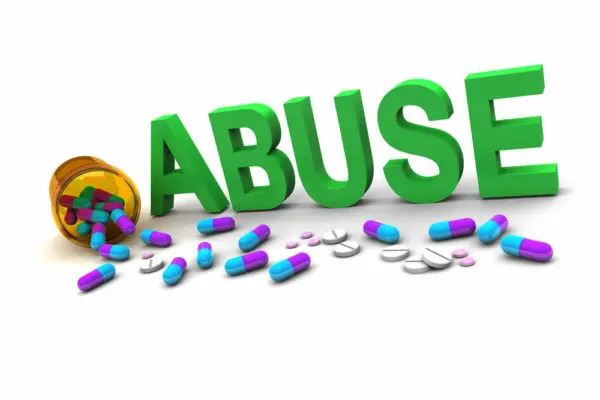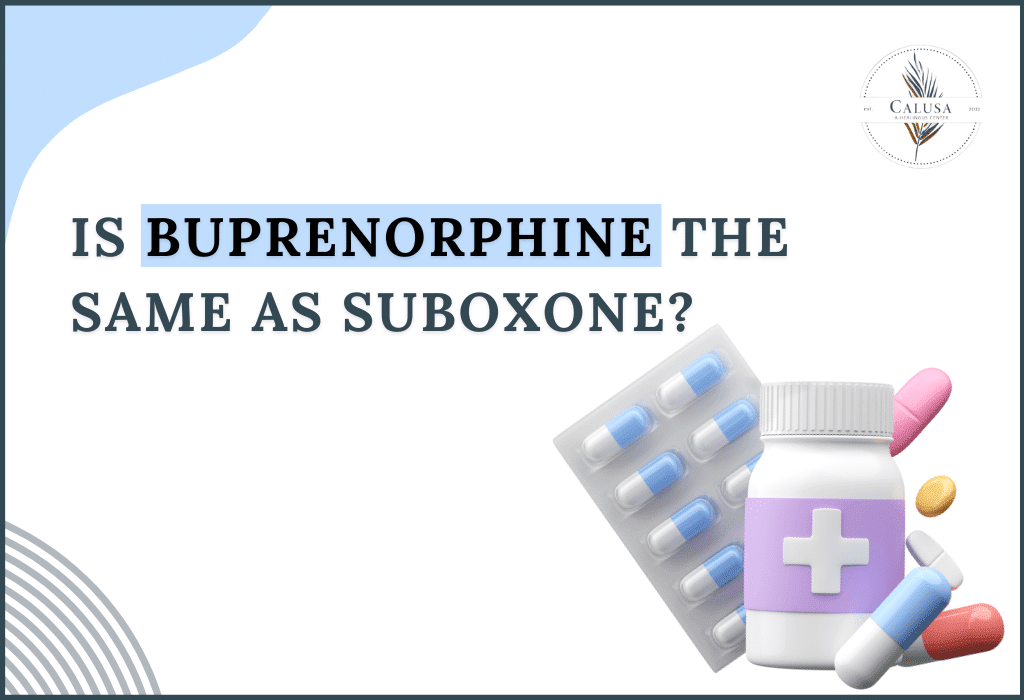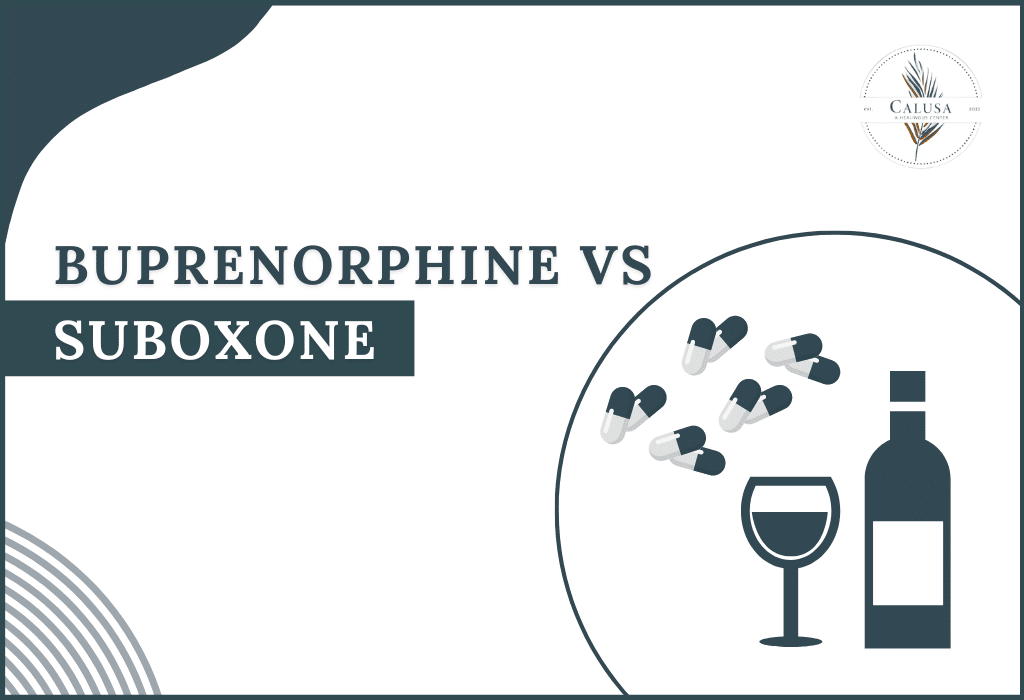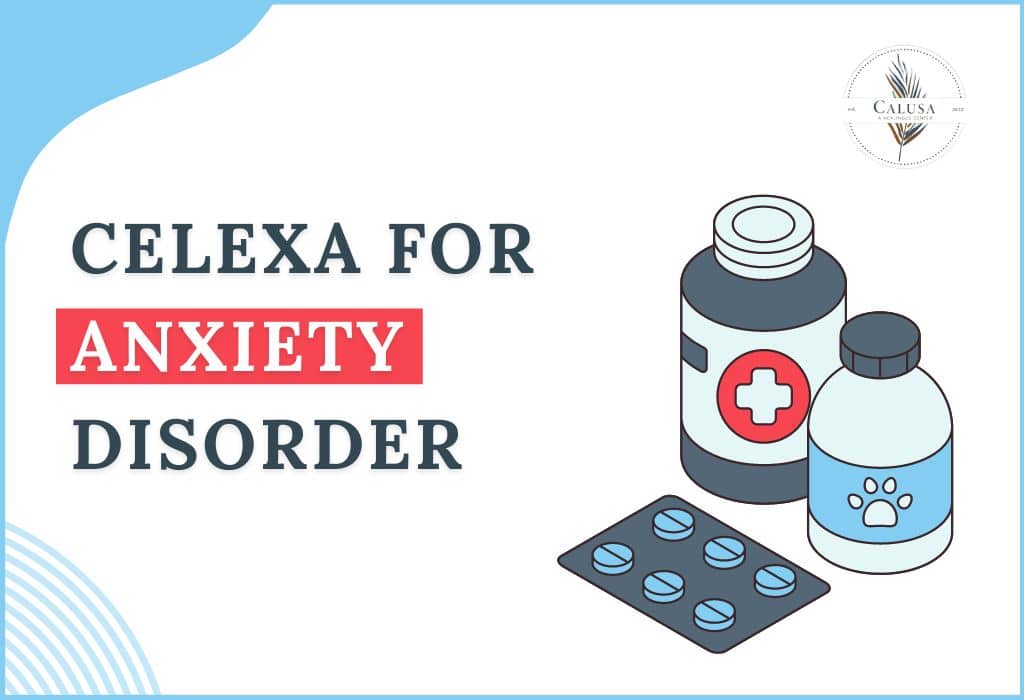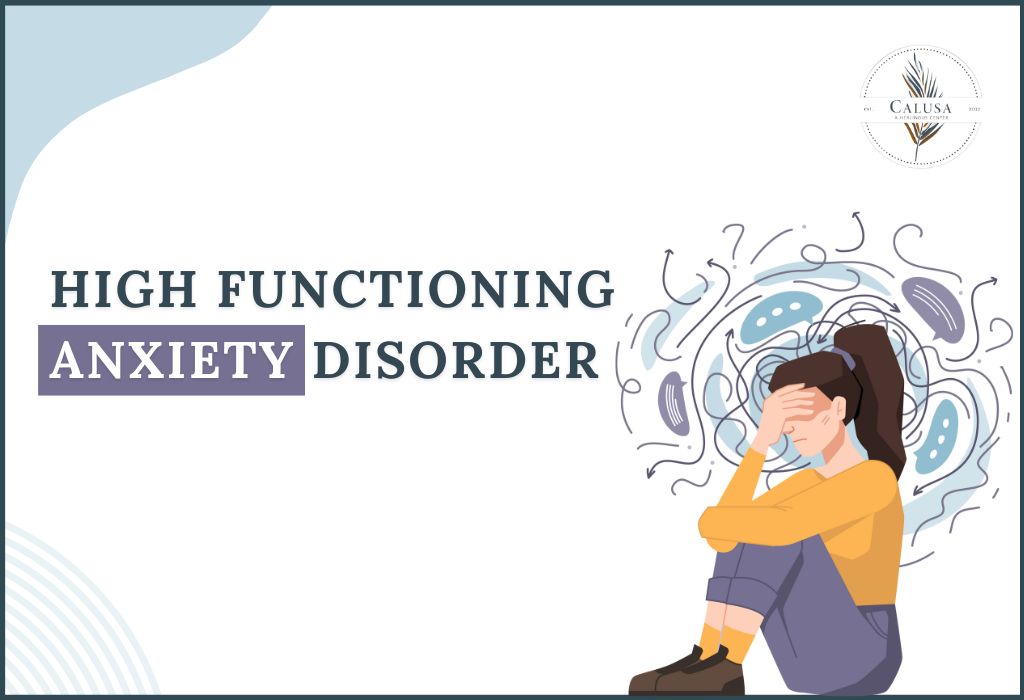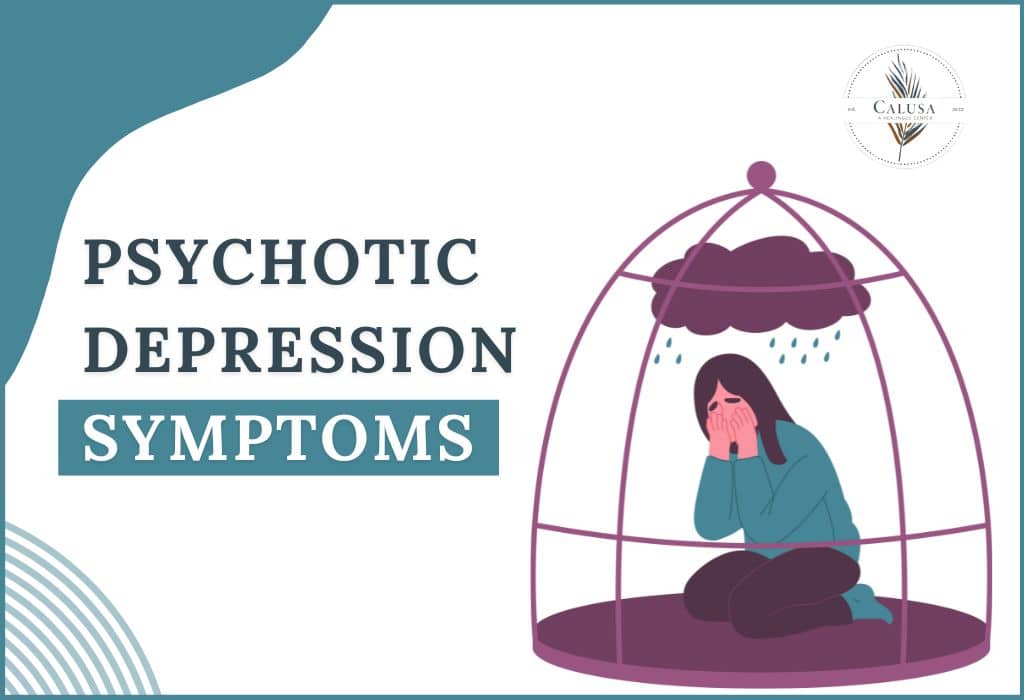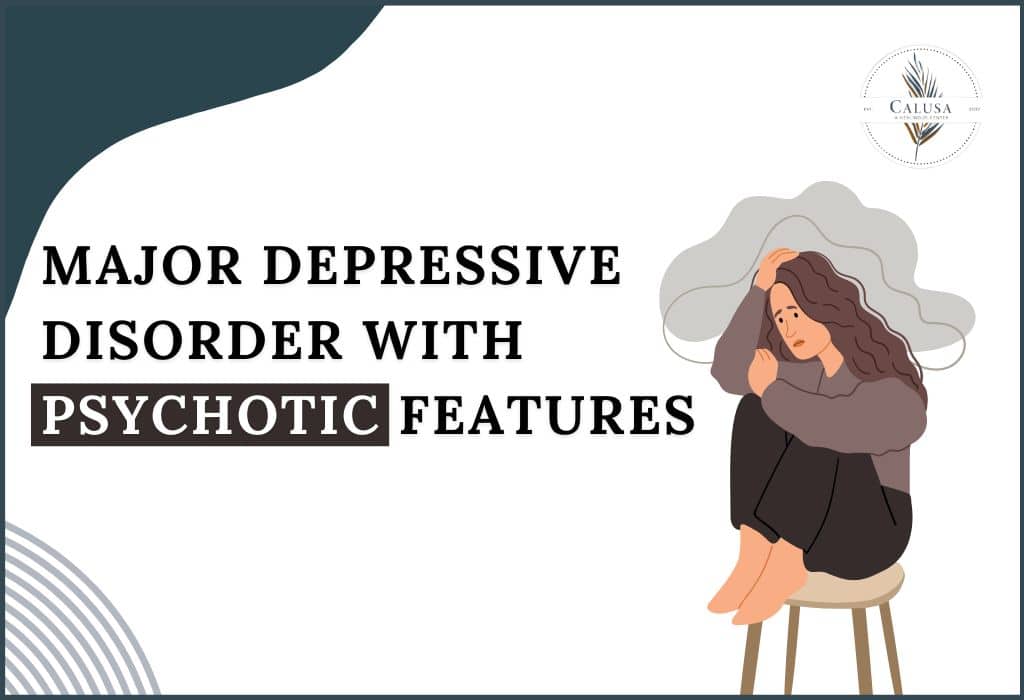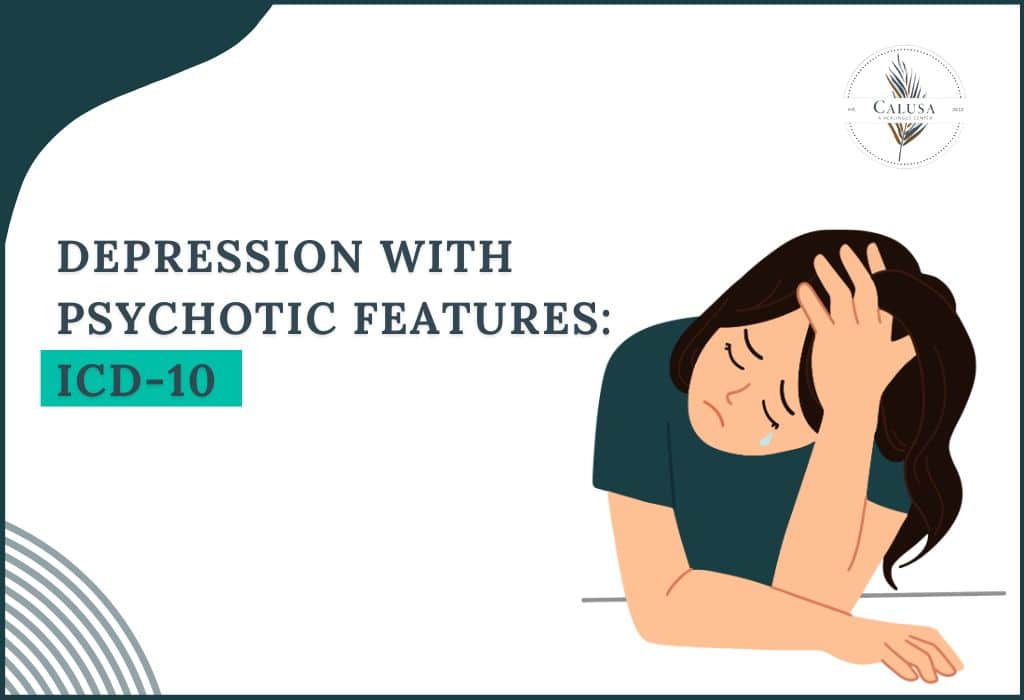It’s believed that our health is our ultimate wealth. But is your wealth safe from the thieves of joy? In this health-conscious world, we are surrounded by several bad influences such as drugs, alcohol, and other harmful substances that steal the joy of living a healthy life. The sudden onset of health issues in your life is not always sudden but a result of one of these unhealthy influences. Substance use disorder is one such disease that can affect your health unprecedently. If you are worried about being excessively addicted to drugs or any such substance that is affecting your health negatively, this blog will help you overcome this issue. In this blog, we’re going to dive into what Substance Abuse Disorder Symptoms are and what you can do to prevent it by identifying early warning signs.
What is Substance Abuse Disorder?
Substance Abuse Disorder is a chronic disorder commonly found in people who overuse certain harmful substances. These substances include alcohol, stimulants, opioids, and other prescribed or unprescribed drugs. This condition can affect people of all ages irrespective of their gender or the background they belong to.
The latest statistics report by NCDAS presents that SUDs like drug addiction affect over 20 million Americans aged 12 and over.
In this condition, a person who has been consuming such substances for a long time is generally aware that it is leading to bad consequences in their life. But he is still unable to stop its use or keep control, this counts as one of the common traits of a person with SUD.
There are numerous other reasons for this disorder. It affects not only the person’s mental health but all areas of his life such as relationships, performance, job, etc.
According to a report published by Cleveland Clinic, an individual can have more than one substance use disorder at a time, such as alcohol and cocaine use disorder.
Although SVD can be fatal, a person with SVD can lead a healthy life. The first step in overcoming SVD is to recognize the signs and symptoms that cause SVD.
Common warning signs of substance abuse disorder
Substance abuse disorder can manifest in a variety of warning signs that may indicate a person is struggling with addiction. While each individual may exhibit different symptoms, there are some common signs to look out for. One of the most noticeable warning signs is a sudden behavior change. This could include a decline in academic or work performance, increased secrecy, or withdrawal from social activities. Additionally, individuals with substance abuse disorder may experience frequent mood swings, unexplained financial difficulties, or a loss of interest in previously enjoyed activities.
Physical symptoms are another crucial aspect to consider when identifying substance abuse disorder. These symptoms can vary depending on the type of substance being abused. For example, individuals abusing stimulants may exhibit hyperactivity, dilated pupils, or weight loss. On the other hand, those dependent on depressants may display drowsiness, slowed speech, or impaired coordination. It’s important to note that physical symptoms can overlap with other medical conditions, so it’s crucial to consider them in conjunction with other warning signs.
Behavioral changes are often the most apparent signs of substance abuse disorder. These changes can include an increase in risky behavior, such as driving under the influence or engaging in unsafe sexual activities. Individuals may also experience a decline in personal hygiene, changes in sleep patterns, or erratic behavior. It’s important to pay attention to these behavioral changes as they can provide valuable insights into a person’s struggle with addiction.
Substance Abuse Disorder Symptoms
The signs and symptoms of this disorder vary depending on the substance consumed, the individual’s personality, and the degree of severity of the disorder.
Symptoms based on substance
- Alcohol– Alcohol use disorder is accompanied by symptoms such as changes in appetite level, weight, fatigue, sudden blackouts, and inability to control the sensation of thirst
- Marijuana– This condition has symptoms such as eye irritation, dryness of the mouth, decreased coordination, and an increase in appetite.
- Cocaine– Cocaine disorder results in symptoms such as dilation of pupils, restlessness, and frequent rise in energy levels
- Opioid– For opioid addiction treatment, it’s necessary to first search for symptoms of fatigue, tremors, bloodshot eyes, and a strong uncontrollable desire to use this substance
- Prescription drugs– The symptoms caused by prescribed drugs disorder vary according to the type of drugs consumed, and the drug type
Physical Signs of Drug Abuse Disorder
This disorder has a profound impact on the physical condition of the person. It can bring some irregular and continuous changes in the physical state such as weight loss or gain, poor hygiene, or bloodshot eyes.
Following are some general changes noticed in the physical state of a person suffering from this disorder
- Pupils become smaller or larger than usual
- The appetite level keeps changing and there are irregularities in the sleeping patterns
- Speech disorder identified by slurred speech
- Impaired coordination or unusual tremors in the body
- Unusual changes in physical appearance or grooming practices
- Runny nose
- Unusual odors on breath, body, or clothes
Psychological Signs of Drug Abuse Disorder
If you’re dealing with a substance abuse disorder, you may notice some changes in the way you think and act. If you can identify these changes in your mental health, they could be a sign that you’re having an issue:
- Suspicious and distrustful behaviour
- Frequent change in personality without any reason
- Always feeling mentally detached in every situation
- Lack of motivation to get stuff done
- Feeling excessively tired without doing anything
- Unbalanced emotional states such as restlessness or excessive energy
- Sudden mood swings and uncontrollable anger levels
Behavioural Signs of Drug Abuse Disorder
If you’re a substance user, you might be able to tell if you’re dealing with this disorder by noticing these changes in your behavior:
- Actions of the person becoming secretive or suspicious
- Having a lack of control over substance use
- Being isolated from family members and friends, as well as from the duties and day-to-day responsibilities of office, home, or school
- Unnecessarily getting into trouble and driving under the influence, fights, or accidents
- The use of the substance under unsafe conditions and the use of the substance after being aware of its adverse effects.
- Experiencing sudden and unexplained financial difficulties, such as frequent requests for funds or acts of theft.
- Losing interest in day-to-day and recreational activities due to drug effects
- Life starts revolving around drug use and recovering from it
How does Substance Abuse Disorder affect you?
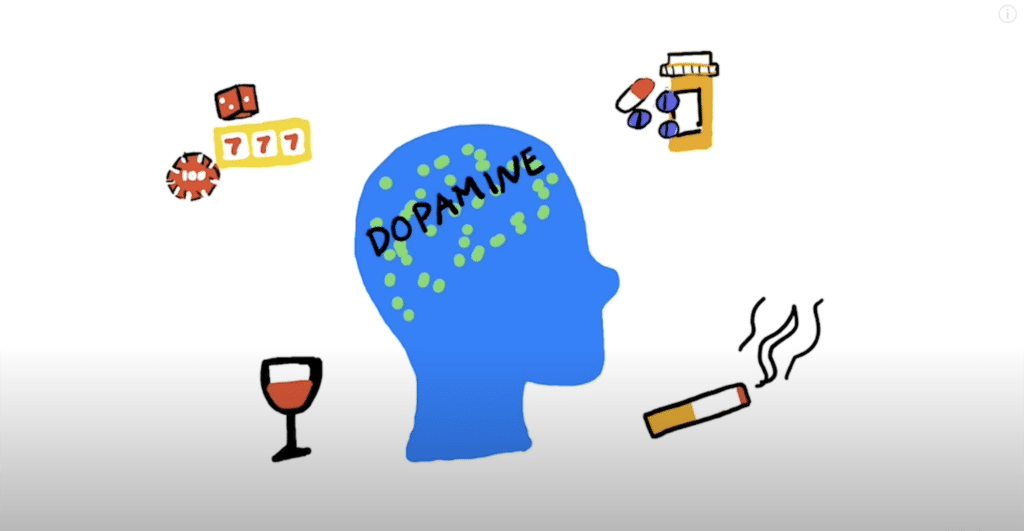
According to a report by the National Institute of Health, these drug abuse signs involve an abnormally high dopamine release which is often overpowering and results in intense cravings, withdrawal symptoms, learning and memory problems, and frequent personality changes.
These changes in lifestyle, behavior, and physique may indicate substance abuse disorder symptoms and start interfering with the mental health and well-being of a person. It begins to bring chaos in the professional and personal life of the sufferer.
Therefore, it is considered extremely important to kill the source of the problem from the root itself. To get rid of this disorder, you need to determine the root cause of the issue so that you can take the necessary steps to resolve it.
What is the Root Cause of Substance Abuse Disorder?
The above chart illustrates that the majority of SUD deaths occur from substances such as Alcohol, drugs, and heroin. Therefore, it is necessary to monitor your substance consumption.
However, not all substance use disorder symptoms arise from substance overdose. If you are not a substance user, there can be other reasons you might get affected by it.
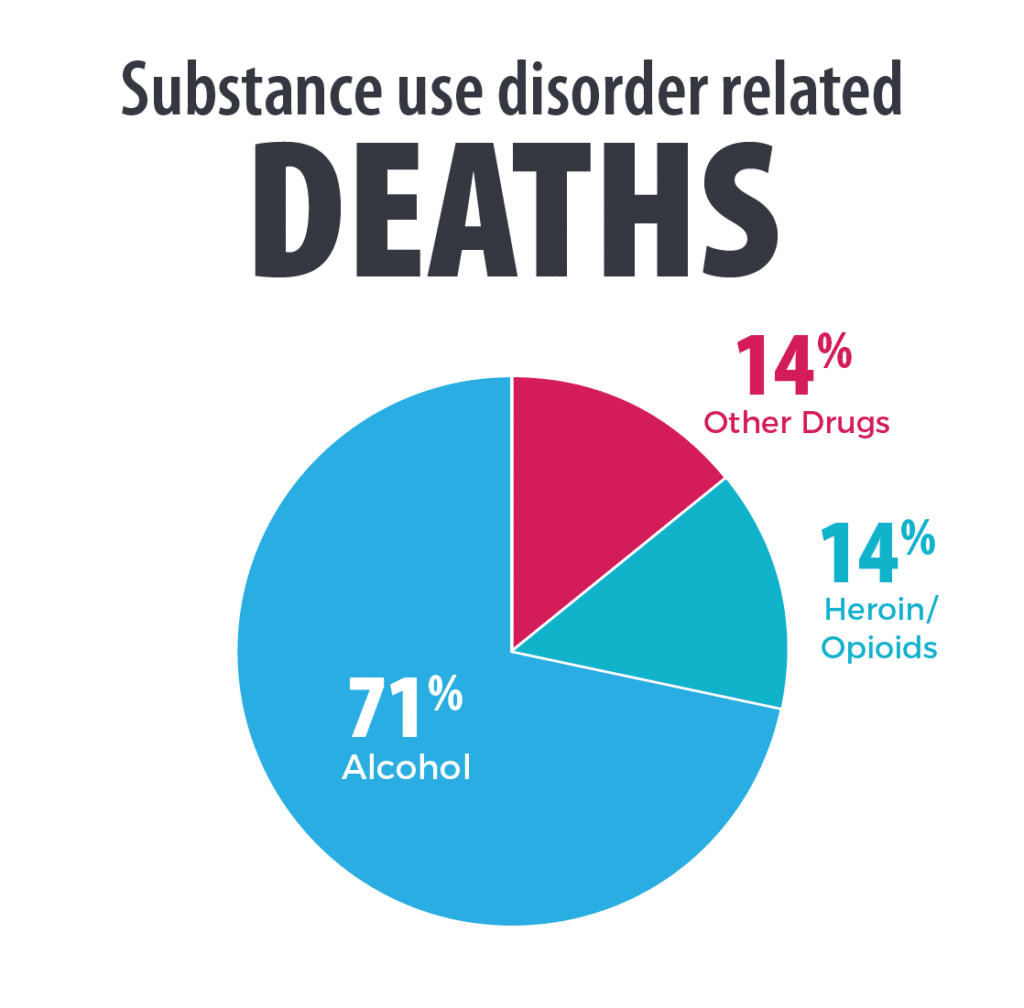
Research says those with attention deficit hyperactivity disorder (ADHD) and bipolar affective disorders have an increased risk of developing a substance use disorder in adulthood compared to the general population.
The ACES (Adverse Childhood Experience Study) showed that exposure to a variety of traumatic experiences during childhood also increases the risk of substance use in adulthood. This risk association followed a dose-response relationship where higher trauma exposure was associated with a higher risk of substance use disorder.
So childhood trauma can add up as yet another factor that can lead to this disorder.
While there is no definitive answer as to what causes substance use disorder, some recognized factors that are known to contribute to substance use disorder include a person’s genetic makeup, the drug’s effects, peer pressure, emotional distress, and environmental stress.
Stages of drug abuse disorder
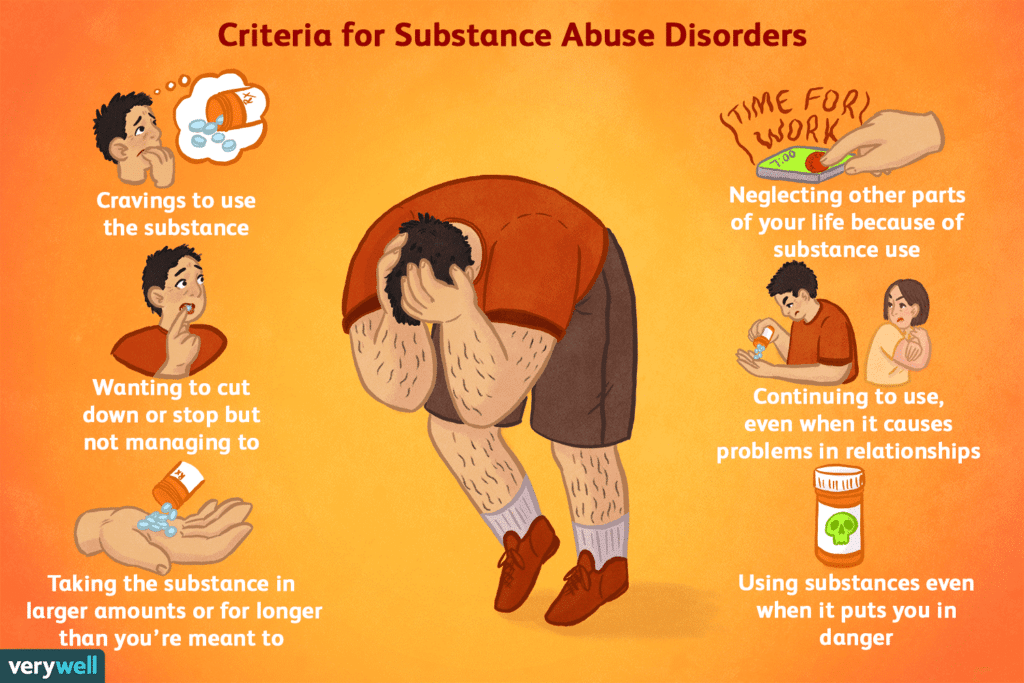
According to Medline, the transition to substance disorder usually happens in the following stages.
- Experimental use: This is often the initial phase when an individual first comes into contact with the substance, typically in social settings, seeking enjoyment despite disregarding parental or authoritative advice, and exhibiting substance abuse disorder symptoms.
- Regular use: At this stage, the user is increasingly absent from school or work, and is concerned about the possibility of losing their drug source. They may use drugs to address negative feelings and begin to isolate themselves from their friends and family. They may switch friends to regular users, and demonstrate an increased tolerance and capacity to “deal” with the drug.
- Problem or risky use: The user experiences a decrease in motivation, a lack of interest in school and work, behavioral alterations, and a prioritization of drug use over other interests, such as relationships, all of which are common substance abuse disorder symptoms. Additionally, the user becomes secretive, may resort to selling drugs to support their addiction, and may increase their use of other, more difficult drugs.
- Addiction: At this stage, Drug addicts cannot live a normal life without drugs; they deny the problem; their physical health worsens, they lose their control over drug use; and completely disconnect from society and the outer world.
The final stage of addiction is when the signs and symptoms of the Substance disorder reach the extremes. Undergoing the right treatment before this stage can prevent it from becoming unmanageable.
Different treatment options for substance abuse disorder
There are various treatment options available for individuals struggling with substance abuse disorder. It’s essential to consider the individual’s unique needs and circumstances when determining the most appropriate approach. Some common treatment options include:
1. Individual therapy: This involves one-on-one sessions with a therapist or counselor to address the underlying causes of addiction, develop coping mechanisms, and set goals for recovery.
2. Group therapy: Group therapy provides individuals with a supportive environment where they can share their experiences, learn from others, and gain insights from peers who are also on the path to recovery.
3. Medication-assisted treatment: Medications may be prescribed to individuals struggling with substance abuse disorder to help manage withdrawal symptoms and cravings. These medications can be used in conjunction with counseling and therapy for a comprehensive approach to recovery.
4. Cognitive-behavioral therapy (CBT): CBT focuses on identifying and changing negative thought patterns and behaviors associated with substance abuse. It helps individuals develop healthier coping strategies and improve their decision-making skills.
5. Holistic approaches: Some individuals may benefit from incorporating holistic approaches such as yoga, meditation, or art therapy into their treatment plans. These activities can promote relaxation, self-expression, and overall well-being.
Supporting recovery and preventing relapse
Recovery from substance abuse disorder is a lifelong process, and ongoing support is crucial for maintaining sobriety and preventing relapse. There are several ways you can support a loved one in their recovery journey:
1. Education and understanding: Learn about substance abuse disorder, its causes, and the challenges individuals face during recovery. This knowledge will help you provide informed support and dispel any misconceptions or stigmas surrounding addiction.
2. Emotional support: Offer a listening ear and a non-judgmental space for individuals to express their thoughts and emotions. Encourage open communication and let them know that they are not alone in their journey towards recovery.
3. Encouragement and motivation: Celebrate milestones and achievements along the way. Encourage individuals to set realistic goals and support them in achieving them. Motivation and positive reinforcement can go a long way in maintaining sobriety.
4. Create a supportive environment: Remove triggers and temptations from the individual’s surroundings. Encourage healthy habits, such as regular exercise, a balanced diet, and engaging in activities that promote well-being.
5. Encourage participation in support groups: Support groups, such as Alcoholics Anonymous (AA) or Narcotics Anonymous (NA), can provide individuals with a sense of community and the opportunity to connect with others who understand their struggles.
Conclusion
A single disease can shatter someone’s happily built life. Therefore, it’s necessary to regularly monitor your health. If you observe any signs of SUD in yourself, your family members, or your peers, it’s advisable to talk to a professional and seek help from a healthcare specialist. Substance Abuse Disorder can be cured with courage and awareness, so don’t be afraid to take action right away. You are never alone in your journey to wellness. There are lots of support groups and resources out there to help. Taking the right steps at the right time is your ultimate mantra for winning this battle against SUD.

